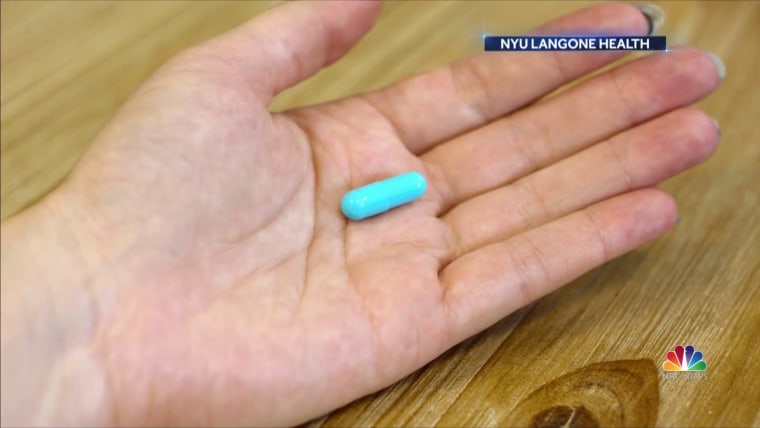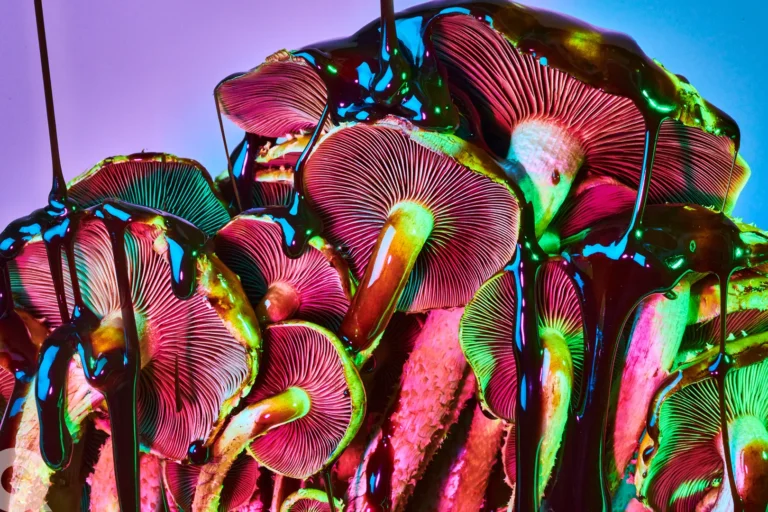Wonder bar by canna banana
Psychedelic therapies are on the horizon, but who will administer the drugs?
Schools are ramping up training programs to teach therapists and other practitioners how to safely give psychedelics to patients. Wonder bar by canna banana

Administering psychedelics can be a daylong experience, in which the patient is constantly monitored by trained practitioners.Ibrahim Rayintakath for NBC News
Dec. 26, 2022, 10:00 AM GMT
By Danica Jefferies
Wonder bar by canna banana
Psychedelics are gaining momentum as potential therapies for certain mental health conditions and may soon be prescribed by doctors in some states. As clinical trials on psychedelics continue, and as legalization efforts gain win after win, schools are ramping up efforts to train the therapists and practitioners who will administer them. Wonder bar by canna banana
Psychedelic therapy is nowhere near as simple as filling a prescription and taking a pill at home. Instead, administering psychedelics — such as psilocybin, the compound in “magic mushrooms,” among others — can be a daylong experience, where the patient is constantly monitored by trained practitioners. Wonder bar by canna banana
Janis Phelps is on the front line of training those practitioners. A clinical psychologist, she founded and now leads the first accredited psychedelic therapy training program in the U.S. at the California Institute of Integral Studies. The San Francisco university opened its doors in 1968 and offers courses in psychology, counseling, spirituality and Eastern medicine. Wonder bar by canna banana
The CIIS has trained roughly 800 students in the psychedelic program since 2016, Phelps said. And with receptiveness toward psychedelics growing, more practitioners are seeking out instruction. The program tripled in size after expanding to add a training site in Boston last year, she said. Wonder bar by canna banana
Phelps estimates that at least 8,000 newly trained therapists will be needed in the next decade.
“We decided we need so many therapists trained, and there’s so few people on the planet who know how to use this effectively, that we started training people even before it was legal to use, unless you were in a research study,” Phelps said. Wonder bar by canna banana
The psychedelic therapy program entails 150 hours of instruction and several in-person training sessions. Many students are licensed therapists, psychiatrists and physicians. Social workers, nutritionists, ordained clergy and people in other nonmedical occupations are also eligible to apply.

Psychedelic drug could help treat addictions, study shows
AUG. 25, 202203:45
Wonder bar by canna banana For Sale Online
Universities including CIIS, Phelps said, teach the methods used in the clinical trials for administering psychedelics and monitoring the participants — protocols that are approved by the Food and Drug Administration. Wonder bar by canna banana
In addition to monitoring the patients throughout their trip for any safety concerns, students are also taught to support and validate emotions that come up during the experience, rather than try to direct the patient’s experience themselves, said Dr. Anne St. Goar, a former primary care doctor who was among the first CIIS-accredited practitioners and now leads the Boston training site. Unlike in talk therapy, she said, patients are encouraged to process their thoughts in silence, while the therapist observes. When needed or requested, the therapist will take a more active role by talking with their patient, reassuring them or holding their hand with consent.
One snag, however, is that outside of approved use in clinical trials, psychedelics remain illegal at the federal level. That means that CIIS students are trained how to facilitate safe psychedelic sessions without the drugs in hand. Wonder bar by canna banana
In the absence of psychedelic drugs, CIIS students are taught so-called Holotropic Breathwork, a breathing exercise developed by a psychiatrist in the 1970s that, according to CIIS graduate Dr. Yvan Beaussant, a palliative care physician at Harvard’s Dana-Farber Cancer Institute, “involves music and breathing techniques as a means to induce a psychedelic-like state.” A 2018 review published in Frontiers in Human Neuroscience hypothesized that breathwork might alter the activity in the same network of the brain associated with sleep, meditation and psychedelics.
Buy Wonder bar by canna banana Online
Beginning in January, CIIS graduates will be eligible to apply to practice in Oregon, the first state that has legalized supervised psilocybin sessions. Facilitators must complete an approved training program, like the one offered by CIIS, pass an exam and pay licensing fees. And licensed centers in the state will eventually serve as an experiential training ground for future students.
Oregon officials hope that the state will “demonstrate that we can do this safely and really help people with their healing and wellness — and promote more options for folks that are wanting a different option,” said Angela Allbee, the section manager of Oregon Psilocybin Services.
So why the growing interest in using psychedelic drugs for mental health?
The federal government has considered psychedelics to be drugs of abuse with “no currently accepted medical use” for half a century. But in the 1950s, psychedelics captured the attention of the medical world. Early research suggested some hallucinogens, in the right setting, could increase empathy in therapeutic work and were effective in treating a variety of intractable mental health conditions, including alcoholism.
Studies came to a halt in the 1970s after psychedelics developed a reputation as dangerous recreational drugs. But scientists at Johns Hopkins University and New York University delved back into their medical potential in the late 2000s, launching a renaissance in psychedelic research.
By 2017, the FDA had designated MDMA — also known as ecstasy and molly — as a “breakthrough therapy” for its potential to treat post-traumatic stress disorder more effectively than existing options. Of the 12 million adults in the U.S. who have PTSD in a given year, 5 in 10 respond to talk therapy and 4 in 10 are estimated to reach remission using medication alone, according to the U.S. Department of Veterans Affairs.
shop here





